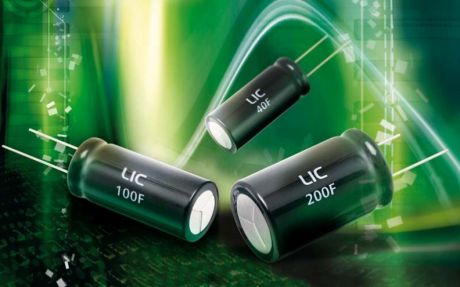Supercapacitors are considered one of the newest innovations in the field of energy storage. In hybrid electric vehicles, they can be coupled with fuel cells or batteries to deliver high power during acceleration or to store braking energy. Suitable electrode materials and electrolytes are optimising supercapacitor performance, ensuring high energy and power density.
EU-funded scientists working on the project
ELECTROGRAPH (Graphene-based electrodes for application in supercapacitors) focused on large-scale manufacture of graphene-based electrode materials and the use of eco-friendly room-temperature ionic liquid electrolytes. Scientists expect that graphene will replace the activated carbon (AC) used in the electrodes of supercapacitors. Its advantage over activated carbon is not in the surface area and the resulting higher storage capacity, but in its conductivity.
Scientists produced graphite oxides, split them into graphene sheets and then incorporated the sheets into a supercapacitor. Compared to the AC-based electrodes, the graphene-based ones demonstrated improved adhesion properties and energy storage capacity. To scale the technology, the next step will be to further improve the graphite separation process (exfoliation) and use a low-viscosity electrolyte to reduce supercapacitor resistance. A refined version of the supercapacitor using low energy consumption methods for producing graphene is more likely to contribute to the advancement of supercapacitors.
For recycling end-of-life supercapacitors, scientists investigated pyrolysis methods to recover and reuse valuable materials from the metallic collectors, electrolytes and the electrode. Scientists also successfully demonstrated that recycled graphene can serve as a functional filler in polymers, enhancing mechanical properties and increasing conductivity.
ELECTROGRAPH dedicated great effort to promoting efficient energy storage, paving the way for widespread adoption of electric vehicles. Compared to conventional batteries, supercapacitors generate less waste and do not utilise toxic or rare materials such as cadmium or lithium, respectively. Finally, unlike conventional electrolytes, ionic liquids are neither toxic nor inflammable.

